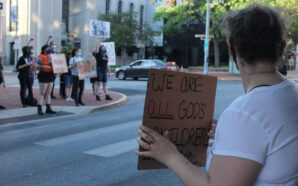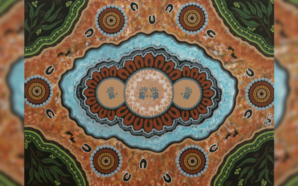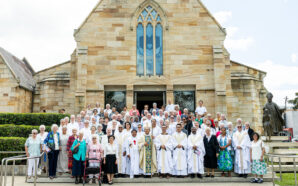I believe the church is a critical and indispensable — though not exclusive — vehicle for sharing the good news and advancing God’s beloved community here on Earth. But last week, Gallup caused a stir when it released new research showing Americans’ membership in houses of worship fell below 50 percent for the first time in the 80 years Gallup has been keeping track. According to Gallup’s data, in 2020, only “47% of Americans said they belonged to a church, synagogue or mosque, down from 50% in 2018 and 70% in 1999,” continuing a steady decline that started near the turn of the 21st century.
Gallup identifies several different sources of this decline, most notably an increase in the percentage of Americans who do not identify with a specific organised religion. But the change is also a result of more Americans who do identify with a religion saying they do not belong to a particular house of worship. Much of the change is generational — 66 percent of U.S. adults born before 1946 belong to a house of worship versus only 36 percent of millennials — yet the last 20 years have also seen a doubling in the percentage of older generations (silent generation, baby boomers, and Generation X) with no religious affiliation. Gallup saw this decline across all racial backgrounds, through noted the decline was smaller among non-Hispanic Black people.
Despite the data’s limitations, if you care deeply about sharing the good news of Christ and take the Great Commission’s call to go and make disciples (Matthew 28:19) seriously, as I do, these trends are both disconcerting and heartbreaking. But instead of feeling hopeless, those of us in the church can see this as an essential wake-up call, recognising this urgent opportunity to renew the church and redefine how it is perceived.
To continue reading this article, click here.
Rev. Adam Russell Taylor is president of Sojourners and the author of Mobilizing Hope: Faith-Inspired Activism for a Post Civil Rights Generation. Follow him on Twitter @revadamtaylor.
With thanks to Sojourners, an independent, award-winning print and online magazine of faith, culture, and politics, and Rev Adam Russell Taylor, where this article originally appeared.








